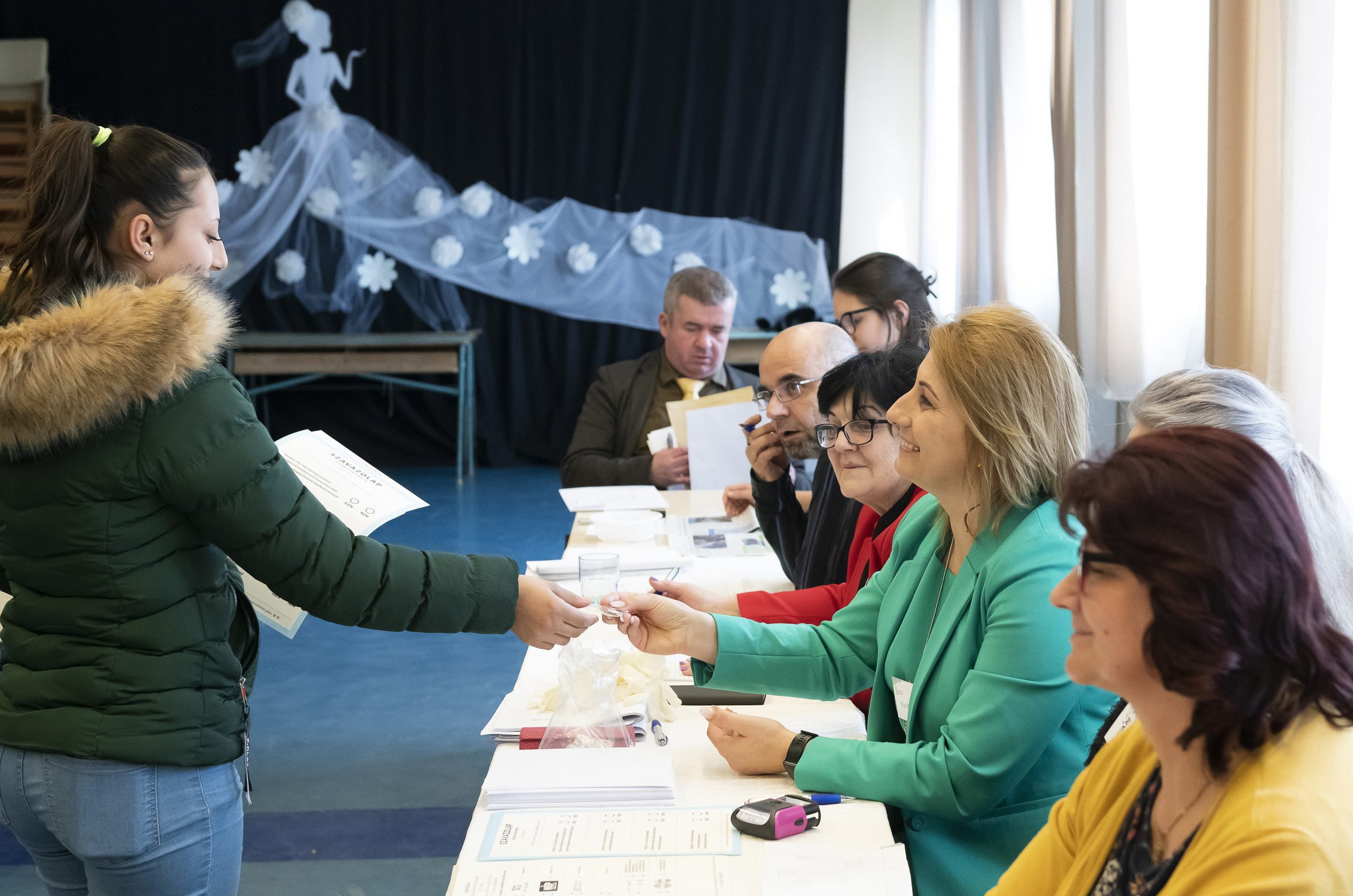
The spendings on the Fidesz-KDNP side are some three times more than the limit set by law, if you add in the clearly pro-party ads of pro-Fidesz NGO CÖF and the govt's advertisements which also share Fidesz-KDNP's messages.Continue reading

Hungary’s parliamentary elections were well-run but the electoral process was marred by the absence of a level playing field, the Organization for Security and Cooperation in Europe (OSCE) said on Monday.
Candidates were largely able to campaign freely but the tone of the campaign was negative, OSCE election and referendum monitor Kari Henriksen told a press conference assessing the ballot.
She said a lack of transparency and oversight over campaign finance favored the ruling alliance.
The absence of debates between the main contestants limited the ability of voters to make an informed decision, Henriksen said. She said the OSCE had also observed that women had been underrepresented among the candidates and in the campaign overall. In order for voters to be able to make an informed choice it is crucial that candidates get equal access to the media, she said.
Henriksen added, however, that the observation mission’s findings were mainly positive and that it had witnessed few violations of the rules.
Mark Pritchard, head of the OSCE Parliamentary Assembly’s delegation, said the election had been organized successfully but showed many shortcomings, with numerous prior recommendations made by the organization yet to be addressed.
He encouraged the incoming government to be more ambitious when it came to improving election laws.
Jillian Stark, head of the election observation mission deployed by OSCE’s Office for Democratic Institutions and Human Rights (ODIHR), said the election had been overshadowed by a blurring of the line between the ruling parties and the state.
She said the observers had heard a variety of opinions, adding that they had come to Hungary to observe the election, not to interfere with it.
Stark said the legal framework for holding a referendum on the same day as the election was “inadequate for a democratic process”, adding that voters had not received balanced information about the ballot.
The high turnout, however, demonstrates the commitment of Hungarian voters, she said.
Stark also said it was “shocking” how polarised people’s views were on the Russia-Ukraine war.
Voting in Hungary’s April 3 general election and referendum went smoothly and efficiently, Russell Nobile, a senior attorney at the American conservative think-tank Judicial Watch, said in Budapest on Tuesday.
Nobile told a press conference that Judicial Watch had found no problems with the voting process in general, and that voting in Hungary had been better organized than it often was in certain parts of the United States.
The representatives of the various political parties cooperated with each other at polling stations, he said, adding that voters had not had to wait long to cast their ballots.
Nobile said Judicial Watch’s observation mission had not extended to the policies, situation or media presence of the parties.
The think-tank applied the same methods in their mission as they do in the US, Nobile said, adding that Judicial Watch’s focus was on whether voters were able to cast their ballots and under which circumstances.
Judicial Watch does not concern itself with the outcome of the election, Nobile said. Its focus in the US is mainly on the protection of transparency and the rule of law, he added.
Hungary’s general election and referendum met all local and international norms and standards, according to a Polish analysis based on reports by international election monitors.
The election was available to all voters and was free and fair, as well as meeting privacy requirements, the report released on Monday said.
Election monitors expressed concern, however, about an attack on the ruling Fidesz party’s website and a text message campaign carried out by the opposition, the Ordo Iuris institute and its partner, the Collegium Intermarium, said.
Nothing took place on election day to violate fair and free voting, they added.
Also, in the year preceding election day, no changes were made to the election law which could have undermined the electoral system’s stability or the rule of law, the report said.
Featured photo illustration by Attila Balázs/MTI